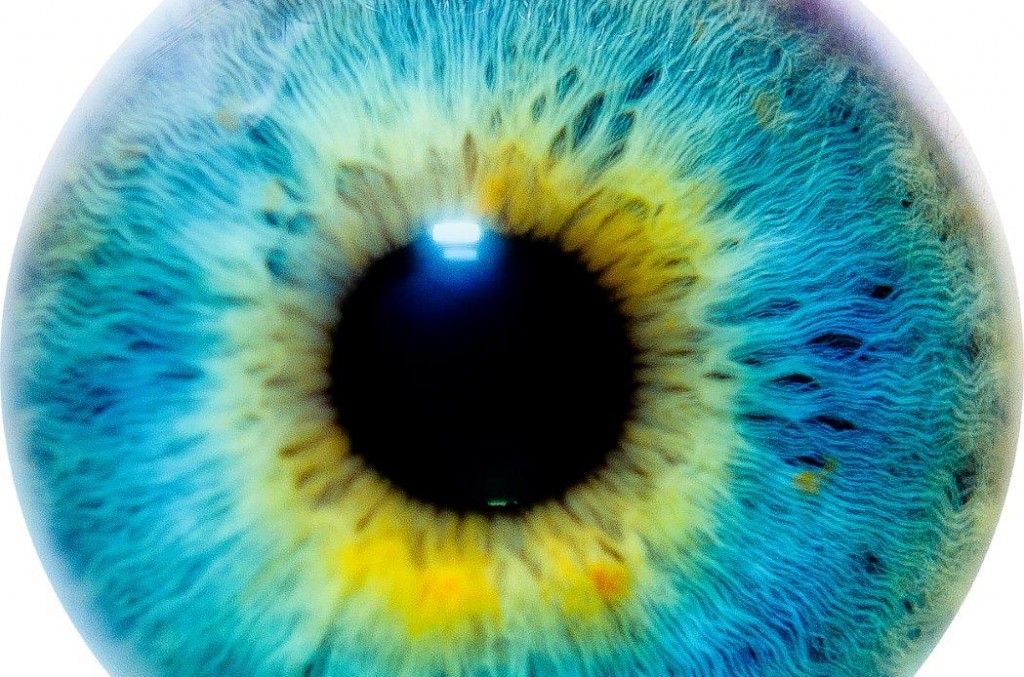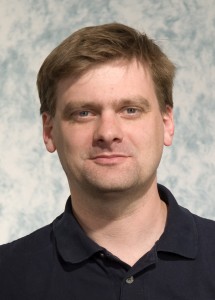
Pioneering work conducted at Kent as part of a project known as SuperIdentity has been cited in the second annual report of the Government Chief Scientific Adviser (GCSA), Sir Mark Walport.
Biometrics expert Dr Richard Guest, of the School of Engineering and Digital Arts (EDA), said the report shows the Government recognises the success of the recent SuperIdentity project but that more research is needed.
SuperIdentity assessed links between different parts of identity from the physical to the virtual and showed how behaviour in both could be predicted.
 It brought together scientists from the universities of Kent, Bath, Dundee, Leicester, Oxford, Southampton and the Pacific Northwest National Laboratories in the US to explore identity and identification through traditional and modern measures, with the iris, the voice and particular characteristics of the hand being amongst the emerging biometric measures under scrutiny. The more measures that converge to signal identity, the more confidence there is in the resulting identification.
It brought together scientists from the universities of Kent, Bath, Dundee, Leicester, Oxford, Southampton and the Pacific Northwest National Laboratories in the US to explore identity and identification through traditional and modern measures, with the iris, the voice and particular characteristics of the hand being amongst the emerging biometric measures under scrutiny. The more measures that converge to signal identity, the more confidence there is in the resulting identification.
The four year multi-disciplinary project was funded by the Engineering and Physical Sciences Research Council (EPSRC).
In his report, entitled Forensic science and beyond: authenticity, provenance and assurance, Sir Mark asserts that the UK could become the world leader in forensic science. His report states that the power of analytical science and its many applications have the potential to deliver benefits to society that go far beyond the criminal justice system.
Kent was recognised as an Academic Centre of Excellence in Cyber Security Research in July 2015 and has been an Interdisciplinary Research Centre in Cyber Security since 2012.





